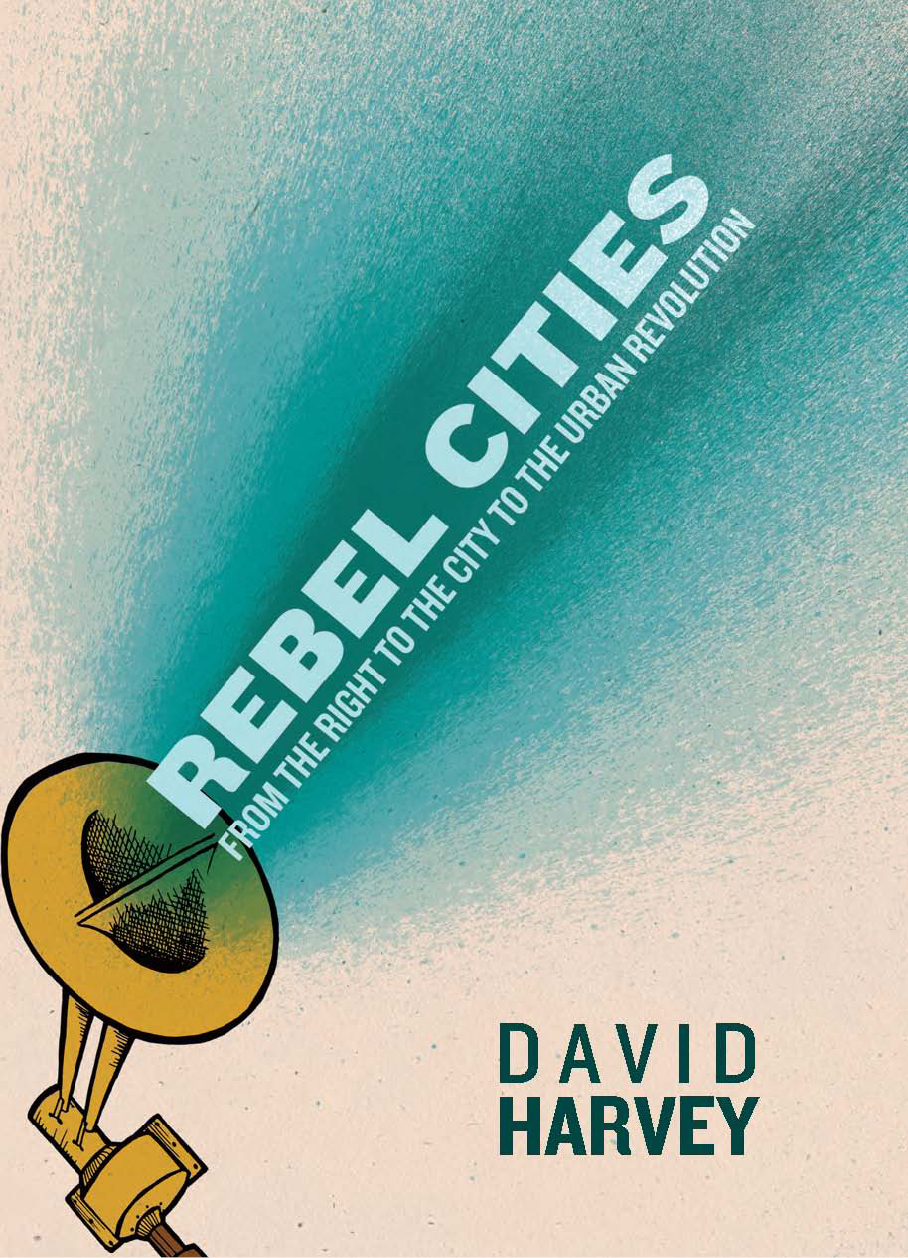Pierre Klossowski: Living Currency (1970–) [FR, ES, EN]
Filed under book | Tags: · body, economy, life, philosophy, production, sadism, sexuality, value

“Essai littéraire et philosophique. Depuis le milieu du siècle dernier, des anathèmes ont été lancés au nom de la vie affective contre les ravages de la civilisation industrielle. Imputer aux moyens de production une action pernicieuse sur les affects, c’est, sous prétexte de dénoncer son emprise démoralisante, lui reconnaître une puissance morale considérable. D’où lui vient cette puissance ? ” Telle est la question qui traverse de part en part cet essai. L’auteur interroge d’autres écrivains en les citant, illustrant ainsi sa propre pensée. Sade, mais aussi Fourrier, Stendhal, Nietzsche s’expriment sur le processus même de l’émotion voluptueuse lorsque le corps est perçu comme monnaie vivante, objet de troc ou vecteur fantasmatique.”
“In Living Currency Klossowski draws a parallel between mass industrial production and sadism, between human bodies and currency. He analyzes the impact of industry and exchange on emotional life, and in so doing challenges several fundamental concepts of sexuality and value.”
Published in French as La Monnaie vivante, Editions Joëlle Losfield, Paris, 1970.
English edition
Translated by Jordan Levinson
Self-published, May 2012
32 pages
via translator
Commentary: Graham Joncas.
2008 Tate London exhibition inspired by the essay
La monnaie vivante (French, 1970, RTF)
La moneda viviente (Spanish, trans. Axel Gasquet, 1998)
Living Curency (English, trans. Jordan Levinson, 2012)
David Harvey: Rebel Cities: From the Right to the City to the Urban Revolution (2012–) [EN, ES]
Filed under book | Tags: · activism, capitalism, city, commons, culture, economy, labour, neoliberalism, occupy movement, politics, production, resistance, revolution, social movements, theory of value

“Long before the Occupy movement, modern cities had already become the central sites of revolutionary politics, where the deeper currents of social and political change rise to the surface. Consequently, cities have been the subject of much utopian thinking. But at the same time they are also the centers of capital accumulation and the frontline for struggles over who controls access to urban resources and who dictates the quality and organization of daily life. Is it the financiers and developers, or the people?
Rebel Cities places the city at the heart of both capital and class struggles, looking at locations ranging from Johannesburg to Mumbai, and from New York City to São Paulo. Drawing on the Paris Commune as well as Occupy Wall Street and the London Riots, Harvey asks how cities might be reorganized in more socially just and ecologically sane ways—and how they can become the focus for anti-capitalist resistance.”
Publisher Verso Books, London, 2012
ISBN 1844679047, 9781844679041
216 pages
Reviews: Owen Hatherley (The Guardian, 2012), Ruth Lorimer (Socialist Review, 2012), Lewis Beardmore (Open Democracy, 2012), Justin McGuirk (Art Review, 2012), more.
Rebel Cities (English, updated on 2020-11-28)
Ciudades rebeldes (Spanish, trans. Juanmari Madariaga, 2013, added on 2020-11-28)
Aradhana Sharma, Akhil Gupta (eds.): The Anthropology of the State: A Reader (2005)
Filed under book | Tags: · anthropology, bureaucracy, democracy, economy, feminism, governmentality, ideology, immigration, labour, neoliberalism, politics, power, production, society, state

This innovative reader brings together classic theoretical texts and cutting-edge ethnographic analyses of specific state institutions, practices, and processes and outlines an anthropological framework for rethinking future study of “the state”.
– Focuses on the institutions, spaces, ideas, practices, and representations that constitute the “state”.
– Promotes cultural and transnational approaches to the subject.
– Helps readers to make anthropological sense of the state as a cultural artifact, in the context of a neoliberalizing, transnational world.
Publisher Blackwell Publishing, 2006
ISBN 1405114681, 9781405114684
424 pages

